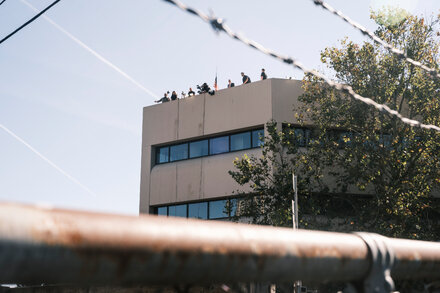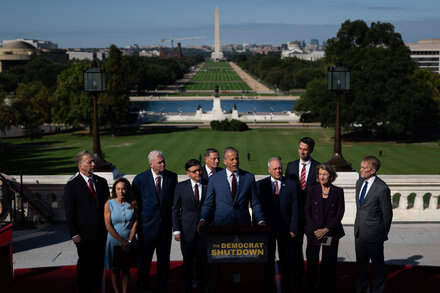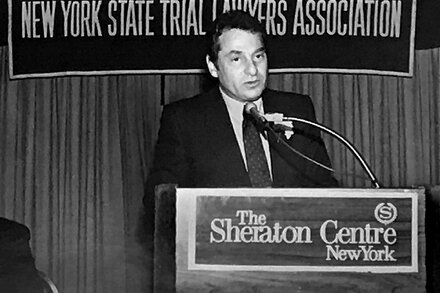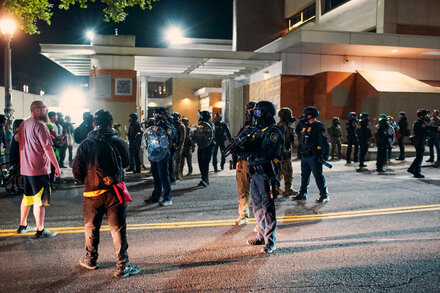In a city frequently at the heart of national debates, right-wing influencers are increasingly shaping public discourse around security operations, often termed the “Guard Fight,” in Portland, Oregon. These digital personalities significantly impact narratives surrounding protests, law enforcement, and local governance.

PORTLAND, Ore. – In a city often at the epicenter of national political and social debates, the role of right-wing influencers in shaping public discourse around security operations, frequently termed the “Guard Fight,” has become increasingly prominent. These digital personalities, operating across various social media platforms, are observed to significantly impact narratives surrounding protests, law enforcement deployments, and local governance in Portland.
Following periods of intense civil unrest and confrontations between protestors and federal agents or local law enforcement, the discourse surrounding the deployment of security forces, including the National Guard, has intensified. Right-wing influencers have leveraged these events to amplify specific viewpoints, often characterizing protestors as violent and local authorities as incapable or unwilling to restore order.
Amplifying Narratives and Mobilization
Analysts suggest that these influencers contribute to a polarized environment by curating and disseminating content that frequently frames interventions by security forces as a necessary defense against perceived anarchy. They often highlight instances of property damage or clashes, while downplaying or omitting the context of protest grievances or the actions of law enforcement that may escalate tensions.
“What we see is a highly effective, decentralized media operation,” stated Dr. Alistair Finch, a researcher specializing in online extremism, referring to the influencer landscape. “They provide a consistent counter-narrative to mainstream media, framing federal or Guard presence not as an overreach, but as a critical response to a crisis they themselves often help define.”
Beyond shaping public opinion online, some right-wing influencers have been observed to play a role in the physical mobilization of individuals. This can include encouraging attendance at counter-protests, organizing fundraising efforts for legal defenses of those arrested during clashes, or calling for increased presence of state or federal security personnel.
The “Guard Fight” Discourse
The term “Guard Fight” reflects the contentious debate over the presence and actions of military or quasi-military personnel in civilian policing roles. For right-wing influencers, this typically involves advocating for stronger, more decisive action from law enforcement and military forces. They often criticize local officials for what they perceive as leniency towards protestors and resist calls for de-escalation or withdrawal of federal assets.
Content created by these influencers frequently includes livestreams from protest zones, highly edited video compilations, and opinion pieces shared across platforms like X (formerly Twitter), YouTube, and encrypted messaging apps. This content often reaches millions, fostering a distinct perception of events that can differ significantly from reports by traditional news outlets or accounts from protest organizers.
“We’re just showing people the truth about what’s happening on the ground when the mainstream media won’t,” commented an anonymous online personality with a large following, known for their coverage of Portland’s demonstrations. “Someone has to stand up for law and order when the city won’t protect its own people.”
The impact of these digital figures extends beyond local Portland events, often contributing to national conversations about urban unrest, federal authority, and the future of American policing. Their influence continues to be a significant factor in how the “Guard Fight” and related issues are perceived and debated across the country.
Source: Read the original article here.





